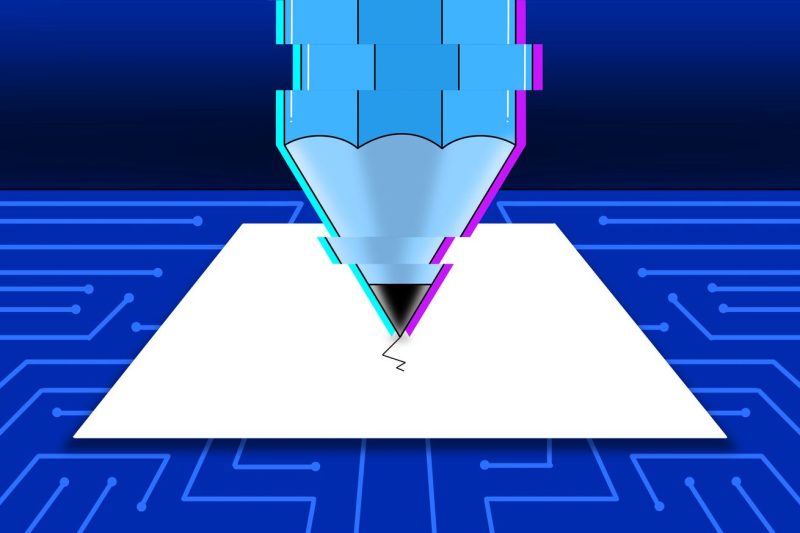The recent decision by Penguin Random House Books to explicitly prohibit the use of their publications for training artificial intelligence (AI) systems marks a significant shift in the industry. With the increasing reliance on AI technologies, the ethical implications of using copyrighted material for such purposes have become a topic of concern.
The use of copyrighted material for AI training has been a contentious issue for some time. While the technology offers immense potential for advancement in various fields, including natural language processing and image recognition, the means by which AI systems are trained have raised questions about intellectual property rights and fair use.
Penguin Random House’s decision to restrict the use of their books for AI training reflects a broader trend towards greater protection of copyrighted material in the digital age. As AI technologies become more sophisticated and capable of analyzing vast amounts of data, the potential for copyright infringement and misuse of intellectual property increases.
By explicitly stating their stance on AI training, Penguin Random House is taking a proactive approach to safeguarding their authors’ rights and ensuring that their content is used responsibly. The move also sends a clear message to other publishers and organizations in the industry about the importance of upholding copyright law in the age of AI.
Furthermore, this decision highlights the need for clearer guidelines and regulations surrounding the use of copyrighted material for AI training. As the technology continues to advance and become more pervasive in our daily lives, it is essential to establish ethical standards and best practices to govern its use.
In conclusion, Penguin Random House’s decision to prohibit the use of their books for AI training represents a significant step towards protecting intellectual property rights in the digital age. By taking a stand on this issue, the publisher is setting a precedent for others in the industry to follow and advocating for responsible use of copyrighted material in the development of AI technologies.
